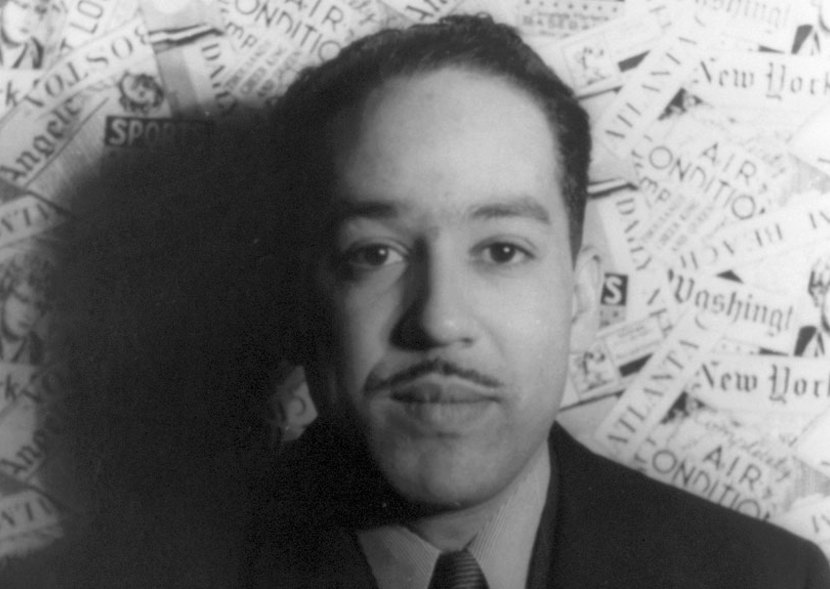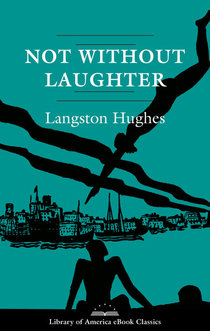
Major works:
“The Negro Speaks of Rivers” • “Dream Variations” • “I, Too” • “Harlem” • The Weary Blues • Not Without Laughter • The Big Sea
“Hughes’s art can be likened to that of Jelly Roll Morton and the other creators of jazz. His sources are street music. His language is Harlemese. In his way he too is an American original.”
—Arna Bontemps
“He judged himself the adequate appreciator of his own people, and he judged blacks ‘the most wonderful people in the world.’ He wanted to celebrate them in his poetry, fiction, essays and plays. He wanted to record their strengths, their resiliency, courage, humor. . . . NO one possessed a more serious understanding of life’s immensities, no one was firmer in recognition of the horrors man imposes on man, in hardy insistences of reckonings.”
—Gwendolyn Brooks
I, Too
Langston HughesI, too, sing America.
I am the darker brother.
They send me to eat in the kitchen
When company comes,
But I laugh,
And eat well,
And grow strong.
Tomorrow,
I’ll sit at the table
When company comes.
Nobody’ll dare
Say to me,
“Eat in the kitchen,”
Then.
Besides,
They’ll see how beautiful I am
And be ashamed—
I, too, am America.
